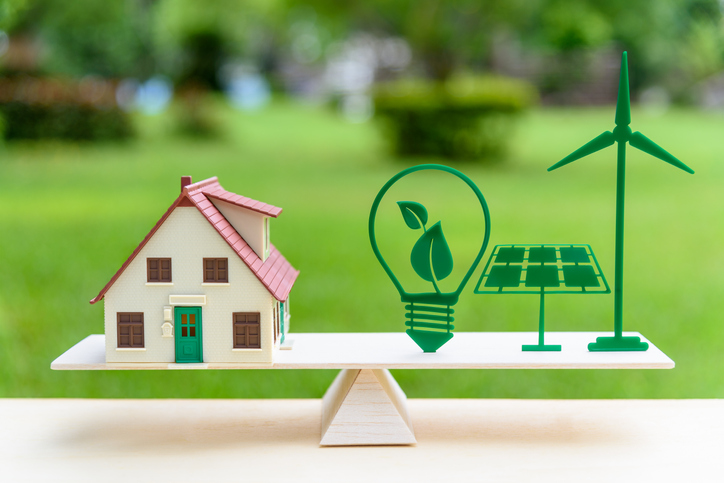Nearly all consumers believe climate change will lead to rising energy bills—and as such expect homes and apartments to be equipped with smart-home devices. Still, experts suggest mindset is still the biggest barrier to change when it comes to our household energy diets.
All of this is according to a new survey from Schneider Electric, which has revealed nearly nine out of 10 consumers believe climate change will lead to rising energy bills and individuals should play a larger role with climate change. The driving factors for consumers to act and invest in sustainability are the rising cost of living and the desire to manage energy consumption.
Beyond what the research suggests we need to really examine consumers perception of climate change before we can affect change. Roughly 72% suggest considering reducing carbon footprints is a personal priority. More than half place importance on their homes becoming net zero, yet less than a third believe this is likely to happen.
The study also reveals that today’s consumers want to lead sustainable lifestyles, putting energy efficiency at home as their major priority. Here’s how they are going to do it. Roughly 40% believe smart-home technology will help make their home more sustainable.
More than half expect their new home or apartments to be equipped with smart-home devices, a 13% increase from previous research in 2020. Smart lighting and smart thermostats are among the top three most purchased smart devices.
Of course, Schneider Electric offers such innovative solutions and materials to reduce carbon footprint, helping make homes smarter and more efficient.
Jaap Ham, associate professor in the Industrial Engineering & Innovation Sciences at Eindhoven University of Technology, consulted on the report findings. He suggests the biggest barrier to change right now is our mindset.
He says, “We have created psychological roadblocks that result in us shirking the responsibility to take action. These findings show that as we adopt smart digital solutions to fight the invisible foe (energy management and consumption), replace fossil fuels with smart, clean electricity in our homes’ energy diets, we can see how we’re making a meaningful contribution to our global fight for the healthier planet.”
I agree with Professor Ham’s assessment. There is still a disconnect that seems to exist where consumers want more sustainable homes but aren’t quite sure how to attain it. Perhaps even more important government officials still do not know how to tell a consistent story on how homebuyers and assessors can get there as well. While a lot more work needs to be done, I do believe cost and customer support are two big barriers to entry. We need to make this affordable and easy to use if we are going to see any real progress in our homes. The good news in all of this is that there is interest and that is truly half the battle.
Want to tweet about this article? Use hashtags #IoT #sustainability #AI #5G #cloud #edge #futureofwork #digitaltransformation #green #ecosystem #environmental #circularworld


